Healthy Bites: Fruits and Vegetables Dogs Can Enjoy
When it comes to our furry friends, we all want to ensure they lead happy, healthy lives. One crucial aspect of their well-being is their diet. While a balanced dog food is essential, did you know that many fruits and vegetables can also be included in their diet? These wholesome treats not only add variety to their meals but also offer various health benefits. In this blog post, we'll explore a list of fruits and vegetables that dogs can safely enjoy.
1. Apples
"An apple a day keeps the doctor away" is a saying that applies to dogs too! Apples are an excellent source of vitamins A and C, as well as dietary fiber. They are low in calories and make for a crunchy, refreshing treat for your furry friend. Just be sure to remove the seeds and core, as these contain cyanide, which is harmful to dogs.
2. Carrots
Carrots are a dog's best friend when it comes to crunchy, healthy snacks. Rich in beta-carotene, vitamins, and dietary fiber, carrots promote good vision and a healthy coat. They're also excellent for dental health, as chewing on them can help clean your dog's teeth.
3. Blueberries
These tiny, nutrient-packed berries are a superfood for both humans and dogs. Blueberries are loaded with antioxidants, which can help boost your dog's immune system and protect against aging-related issues. They are also low in calories and high in fiber, making them an ideal treat for overweight dogs.
4. Sweet Potatoes
Sweet potatoes are a fantastic source of dietary fiber and essential vitamins like A and C. They can be a great addition to your dog's diet in moderation. You can bake or steam them and offer small pieces as an occasional treat.
5. Broccoli
Broccoli is packed with vitamins, minerals, and fiber. It's an excellent choice for dogs, but it should be given in moderation due to its high fiber content, which can cause gastrointestinal upset in large quantities. Steamed or boiled broccoli without any seasoning is the safest way to serve it.
6. Watermelon
During hot summer months, watermelon is a hydrating and refreshing treat for your dog. It's low in calories and contains vitamins A, B6, and C. Make sure to remove the seeds and rind before offering your dog a slice.
7. Spinach
Spinach is a nutritious leafy green that can be added to your dog's diet in small amounts. It's rich in iron, vitamins, and minerals, but it should be cooked before feeding it to your dog to eliminate any potential oxalates, which can interfere with calcium absorption.
8. Pumpkin
Pumpkin is not only delicious but also beneficial for your dog's digestive system. It's packed with fiber and can help with diarrhea or constipation. Plain, cooked pumpkin (not pumpkin pie filling) can be a great addition to their meals.
Incorporating fruits and vegetables into your dog's diet can be a fantastic way to provide them with added nutrients and variety. However, it's important to remember that these should be given as treats or supplements to their regular dog food and not replace it entirely. Always introduce new foods gradually and in moderation to ensure your dog's digestive system adapts well. And, as with any dietary changes, it's a good idea to consult with your veterinarian to ensure you're meeting your dog's specific nutritional needs.
So, next time you're snacking on some of these healthy foods, consider sharing a bite with your furry companion – they'll appreciate the love and the tasty, nutritious treats!
1. Apples
"An apple a day keeps the doctor away" is a saying that applies to dogs too! Apples are an excellent source of vitamins A and C, as well as dietary fiber. They are low in calories and make for a crunchy, refreshing treat for your furry friend. Just be sure to remove the seeds and core, as these contain cyanide, which is harmful to dogs.
2. Carrots
Carrots are a dog's best friend when it comes to crunchy, healthy snacks. Rich in beta-carotene, vitamins, and dietary fiber, carrots promote good vision and a healthy coat. They're also excellent for dental health, as chewing on them can help clean your dog's teeth.
3. Blueberries
These tiny, nutrient-packed berries are a superfood for both humans and dogs. Blueberries are loaded with antioxidants, which can help boost your dog's immune system and protect against aging-related issues. They are also low in calories and high in fiber, making them an ideal treat for overweight dogs.
4. Sweet Potatoes
Sweet potatoes are a fantastic source of dietary fiber and essential vitamins like A and C. They can be a great addition to your dog's diet in moderation. You can bake or steam them and offer small pieces as an occasional treat.
5. Broccoli
Broccoli is packed with vitamins, minerals, and fiber. It's an excellent choice for dogs, but it should be given in moderation due to its high fiber content, which can cause gastrointestinal upset in large quantities. Steamed or boiled broccoli without any seasoning is the safest way to serve it.
6. Watermelon
During hot summer months, watermelon is a hydrating and refreshing treat for your dog. It's low in calories and contains vitamins A, B6, and C. Make sure to remove the seeds and rind before offering your dog a slice.
7. Spinach
Spinach is a nutritious leafy green that can be added to your dog's diet in small amounts. It's rich in iron, vitamins, and minerals, but it should be cooked before feeding it to your dog to eliminate any potential oxalates, which can interfere with calcium absorption.
8. Pumpkin
Pumpkin is not only delicious but also beneficial for your dog's digestive system. It's packed with fiber and can help with diarrhea or constipation. Plain, cooked pumpkin (not pumpkin pie filling) can be a great addition to their meals.
Incorporating fruits and vegetables into your dog's diet can be a fantastic way to provide them with added nutrients and variety. However, it's important to remember that these should be given as treats or supplements to their regular dog food and not replace it entirely. Always introduce new foods gradually and in moderation to ensure your dog's digestive system adapts well. And, as with any dietary changes, it's a good idea to consult with your veterinarian to ensure you're meeting your dog's specific nutritional needs.
So, next time you're snacking on some of these healthy foods, consider sharing a bite with your furry companion – they'll appreciate the love and the tasty, nutritious treats!



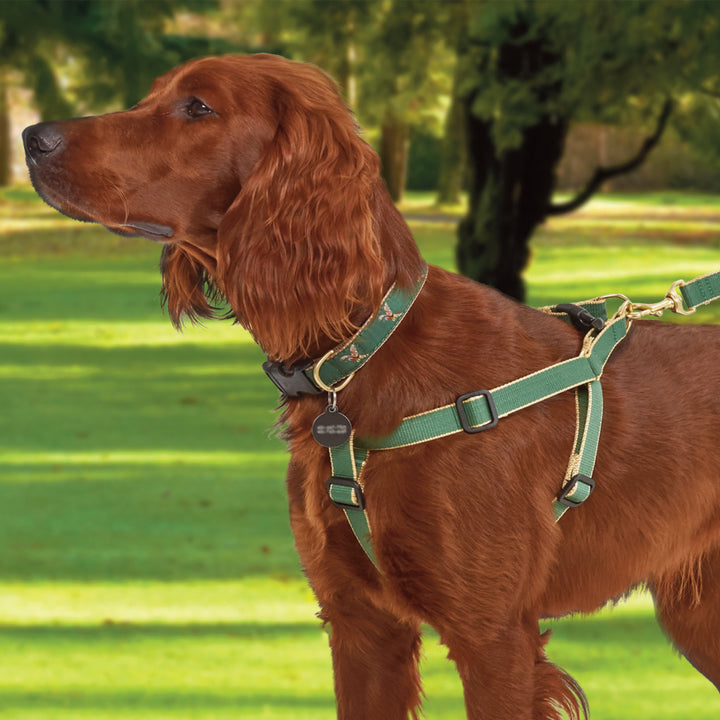




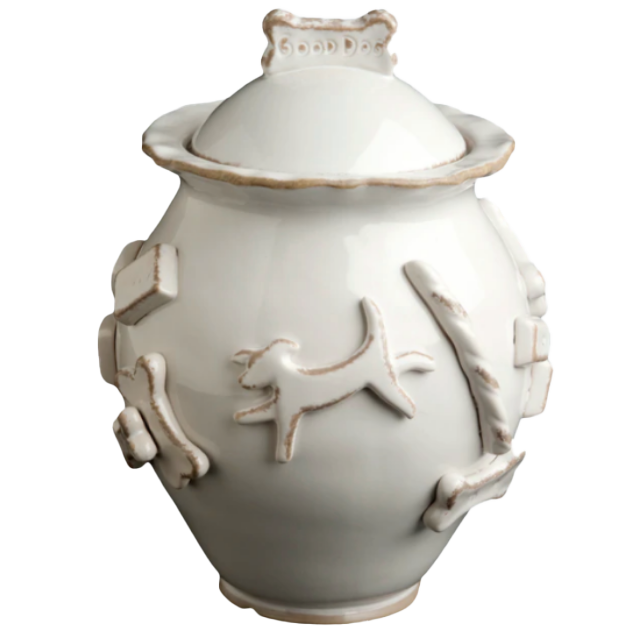
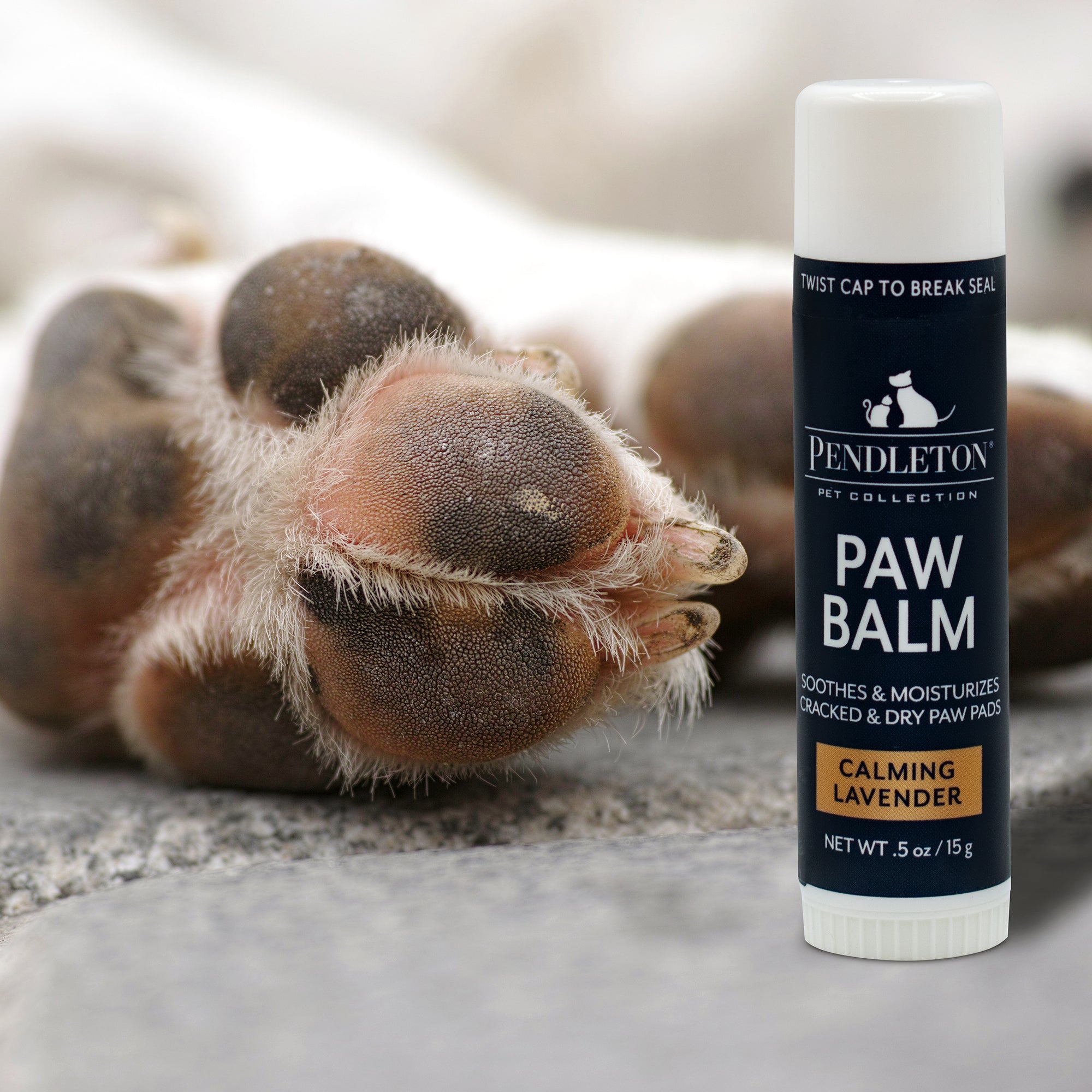
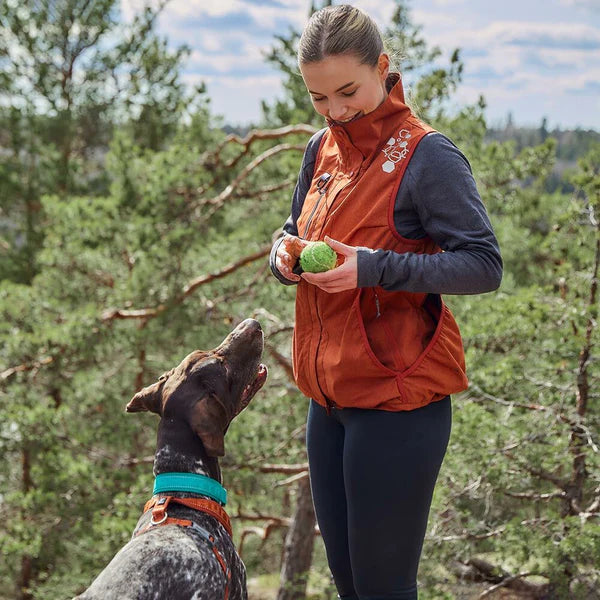
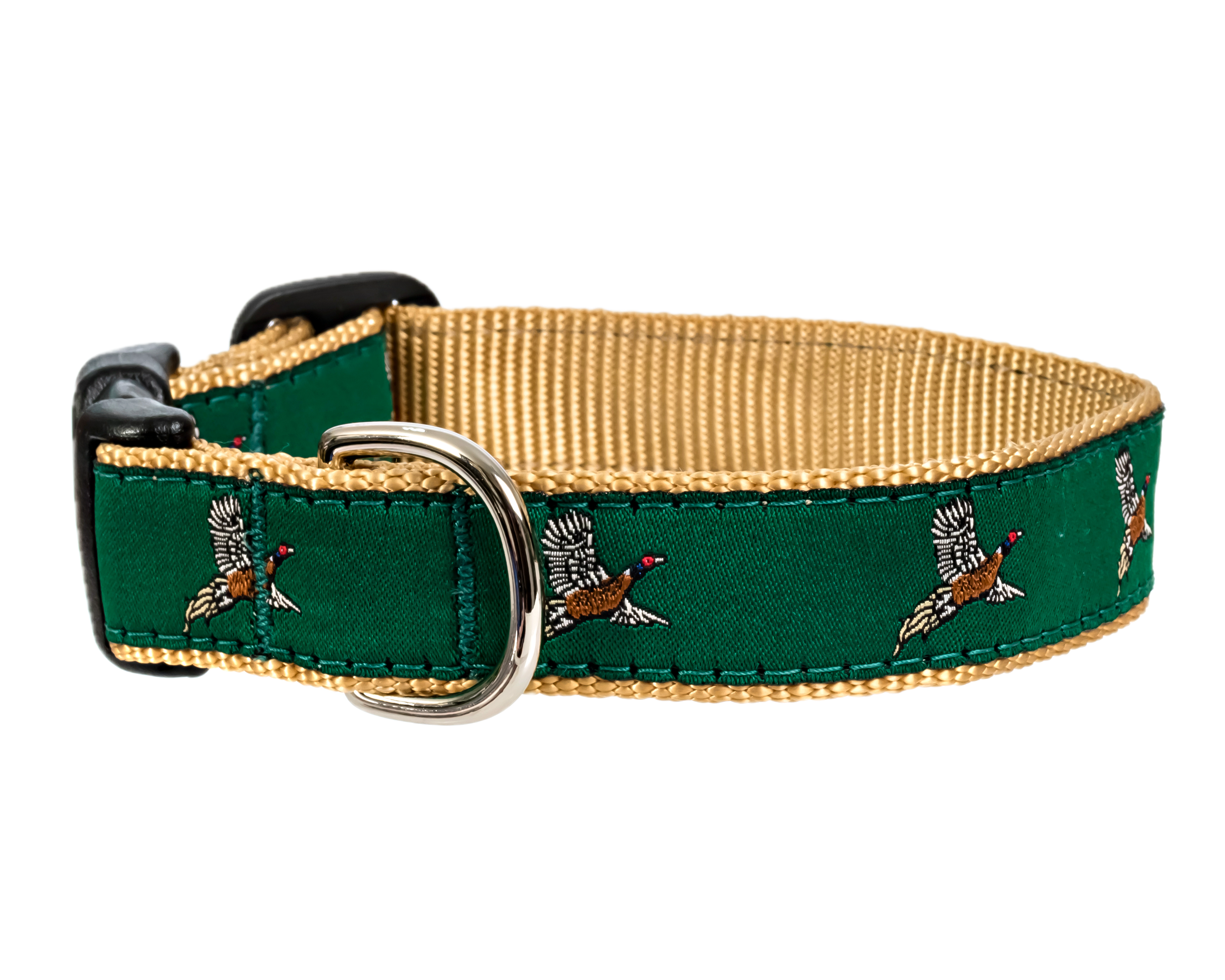
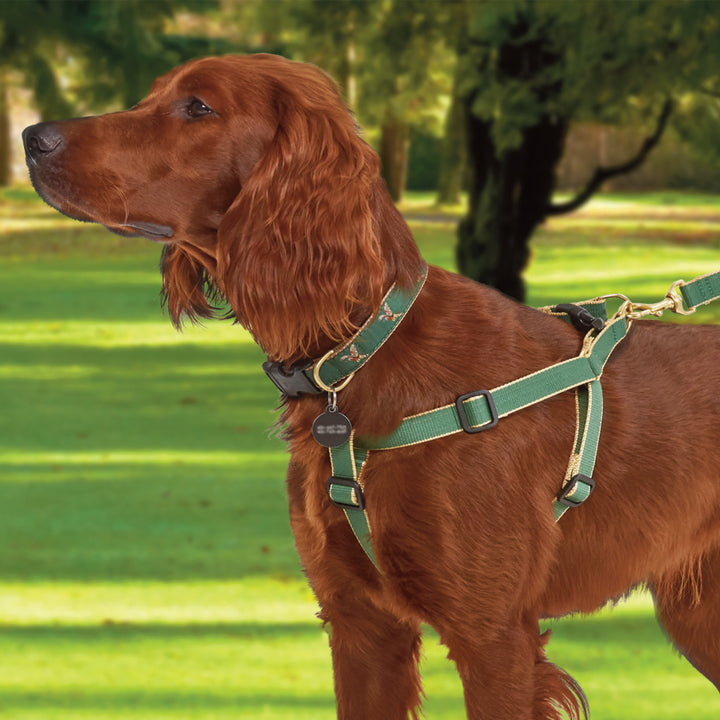
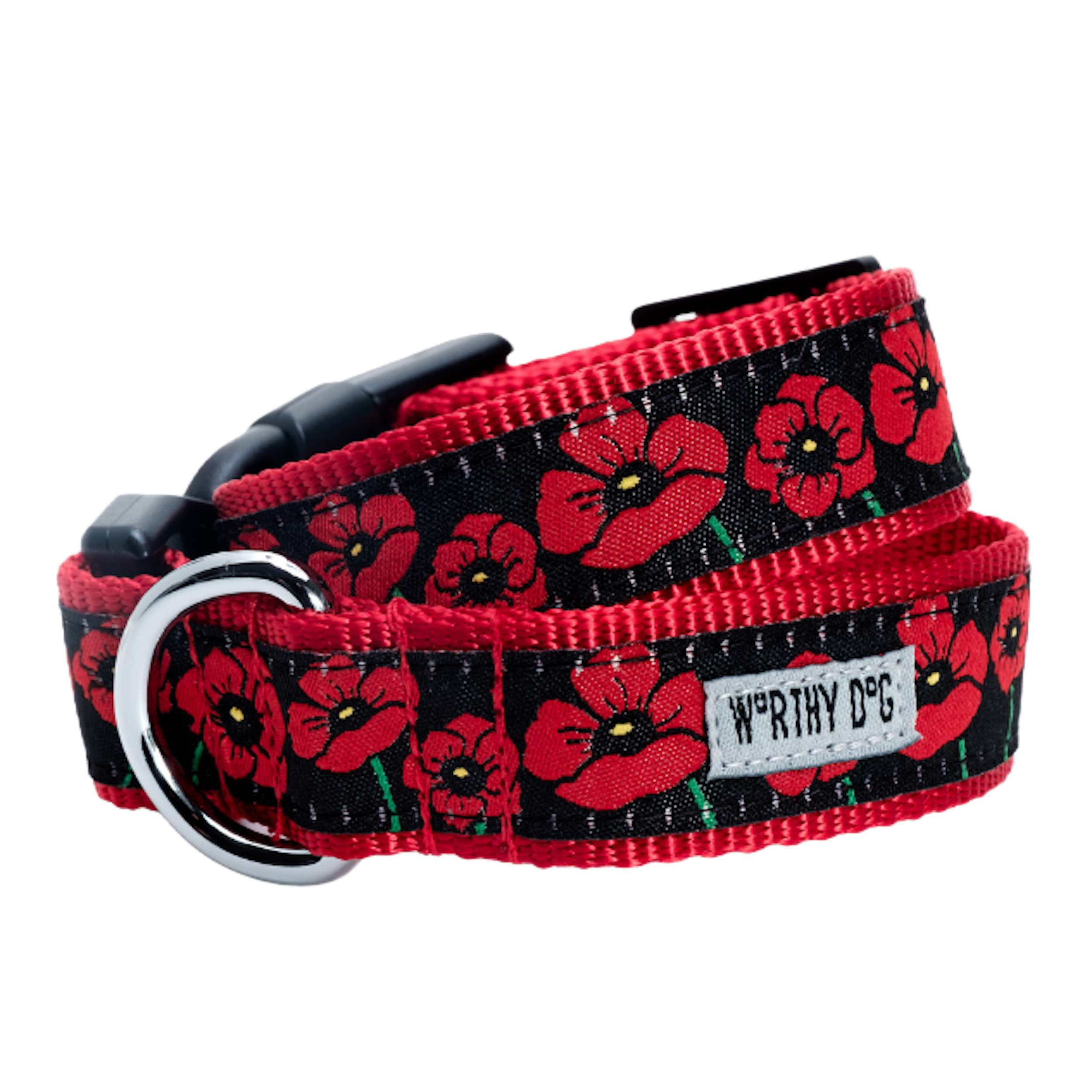
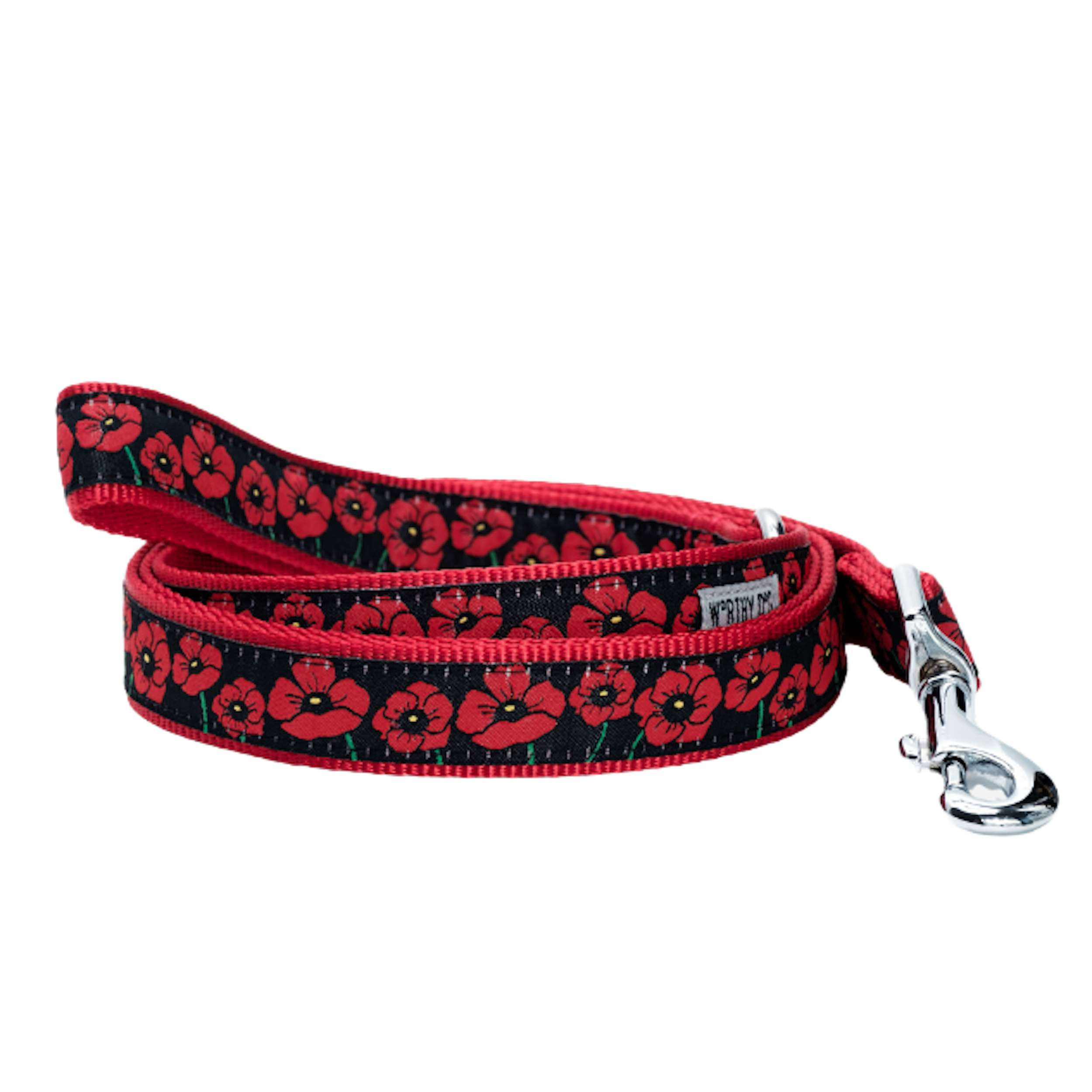
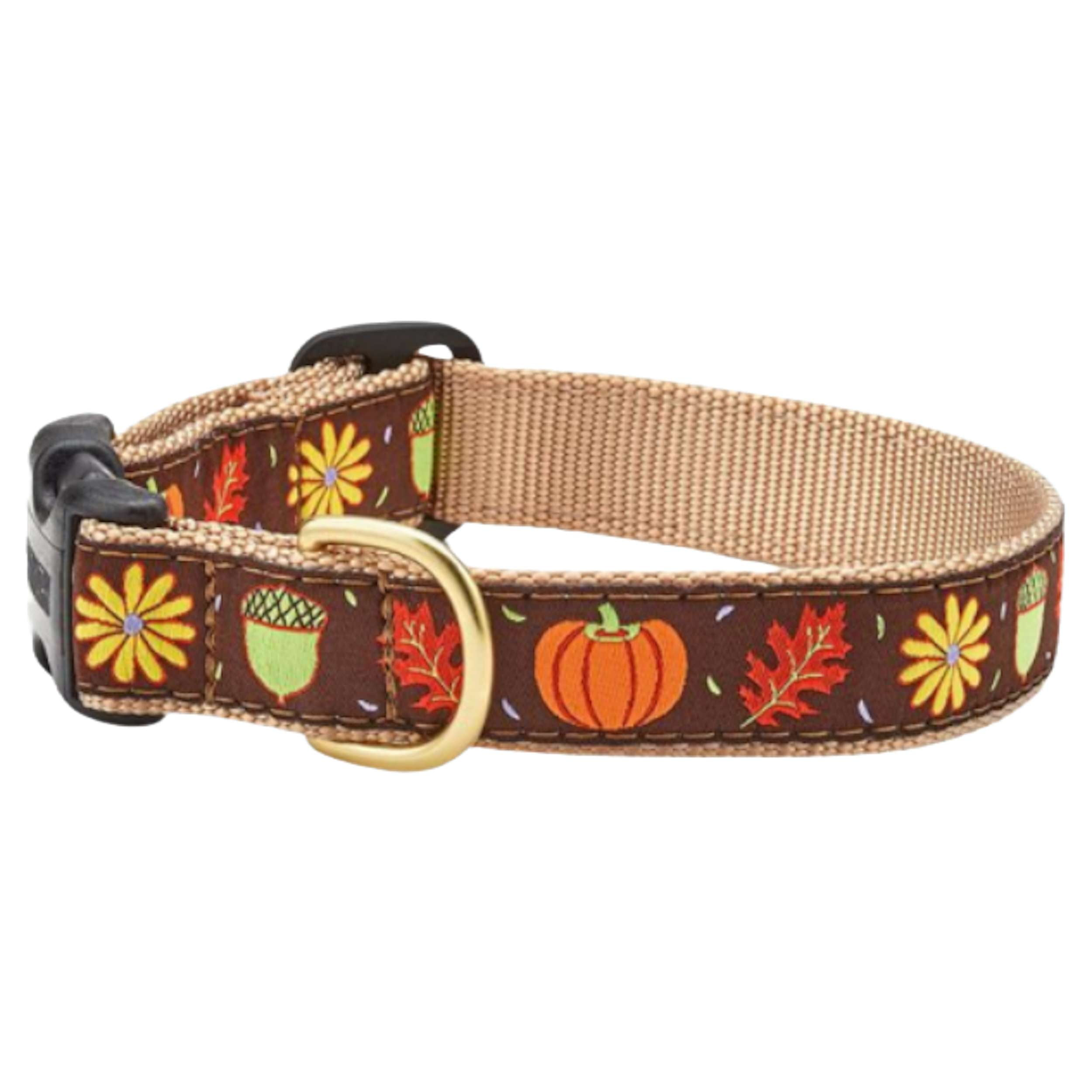
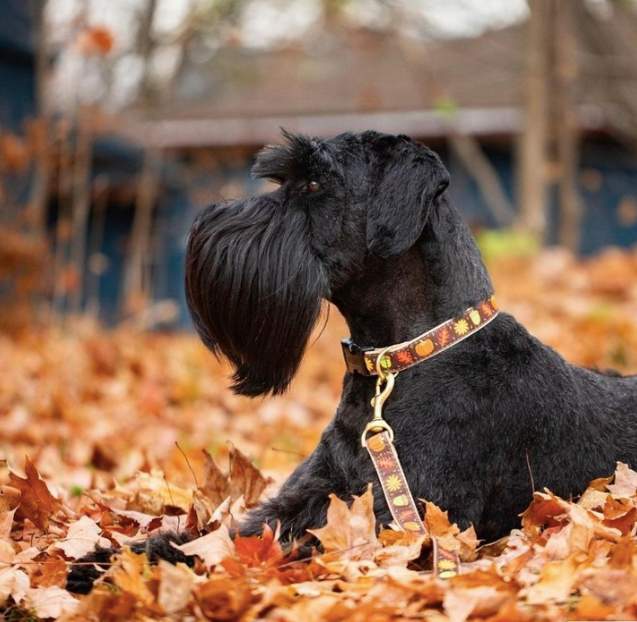
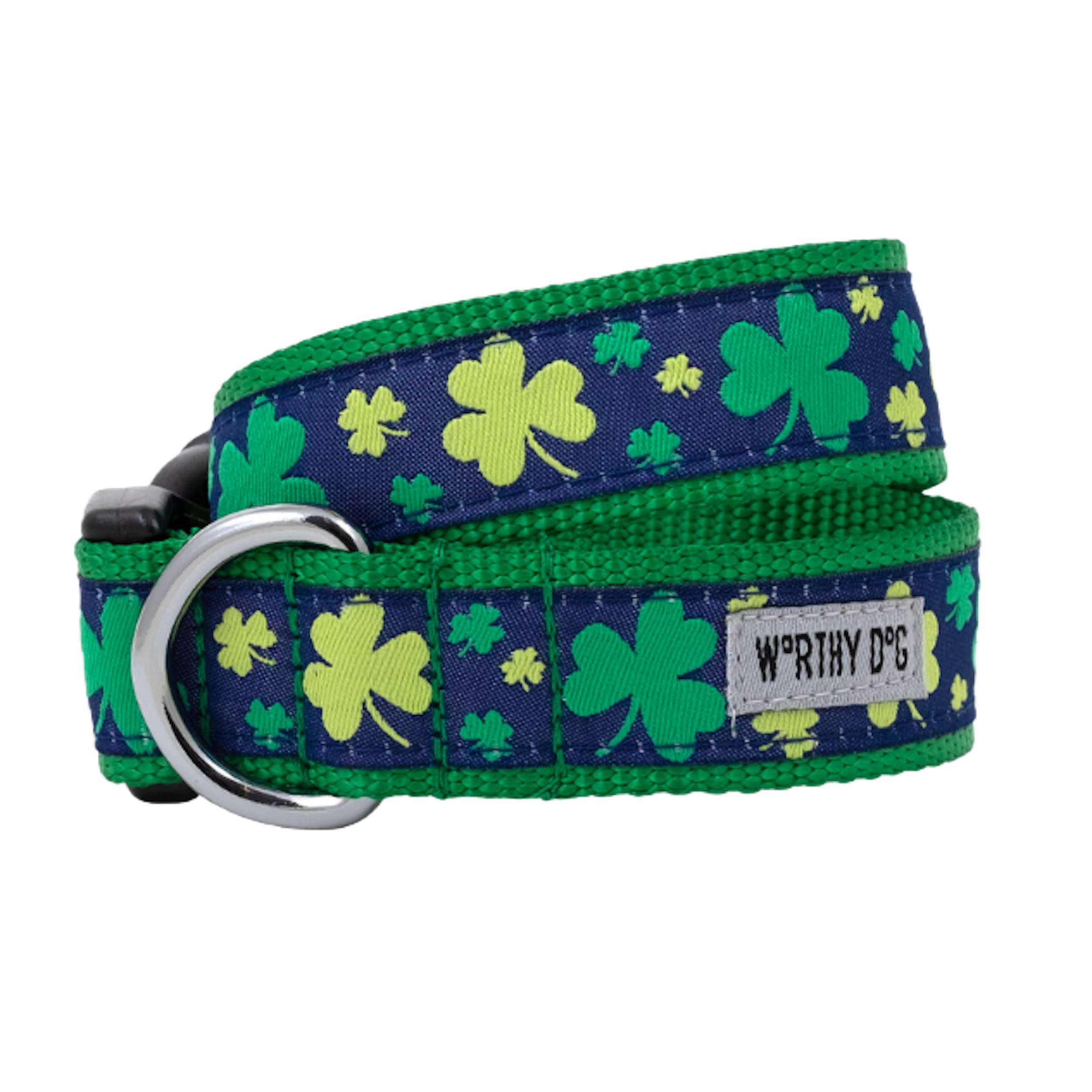

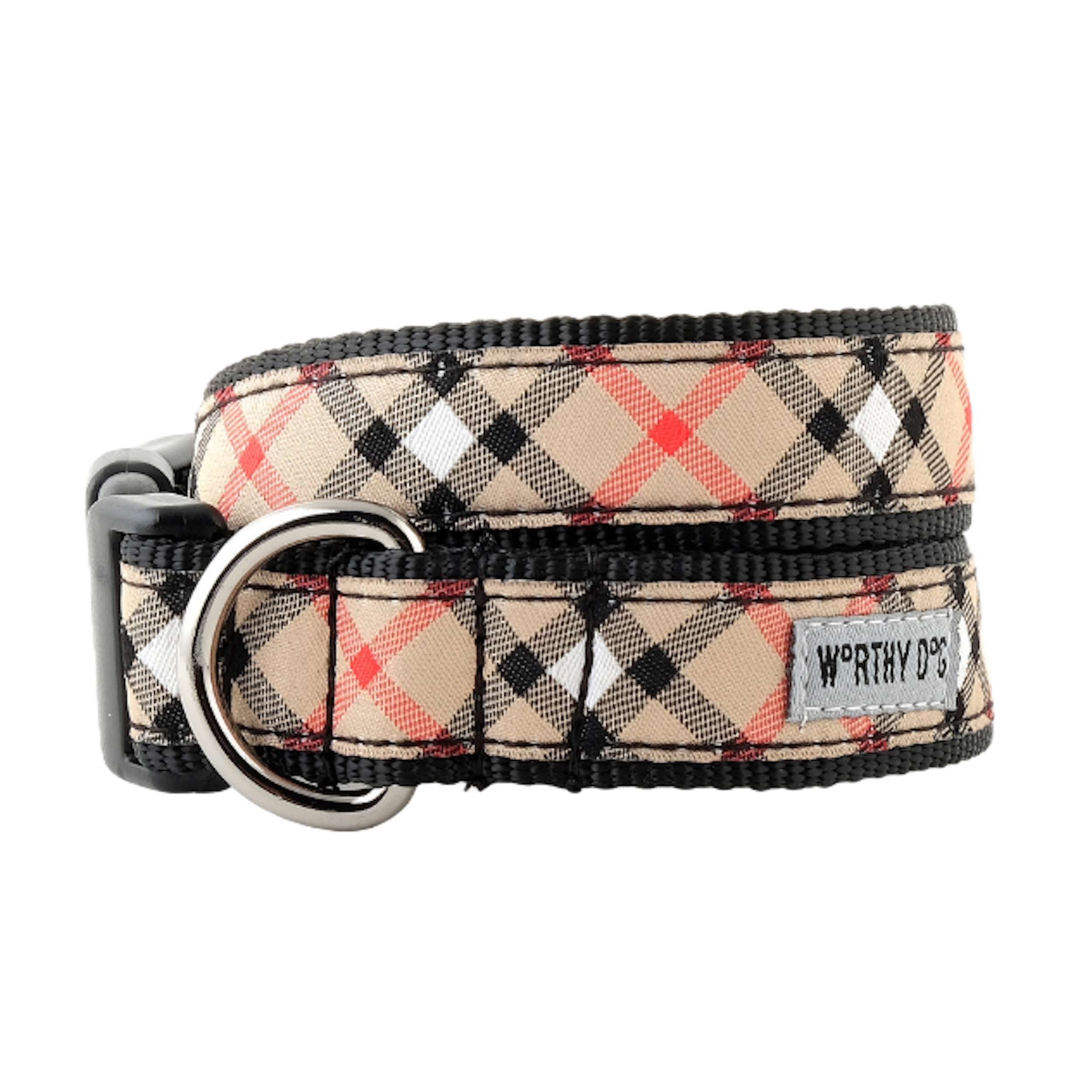
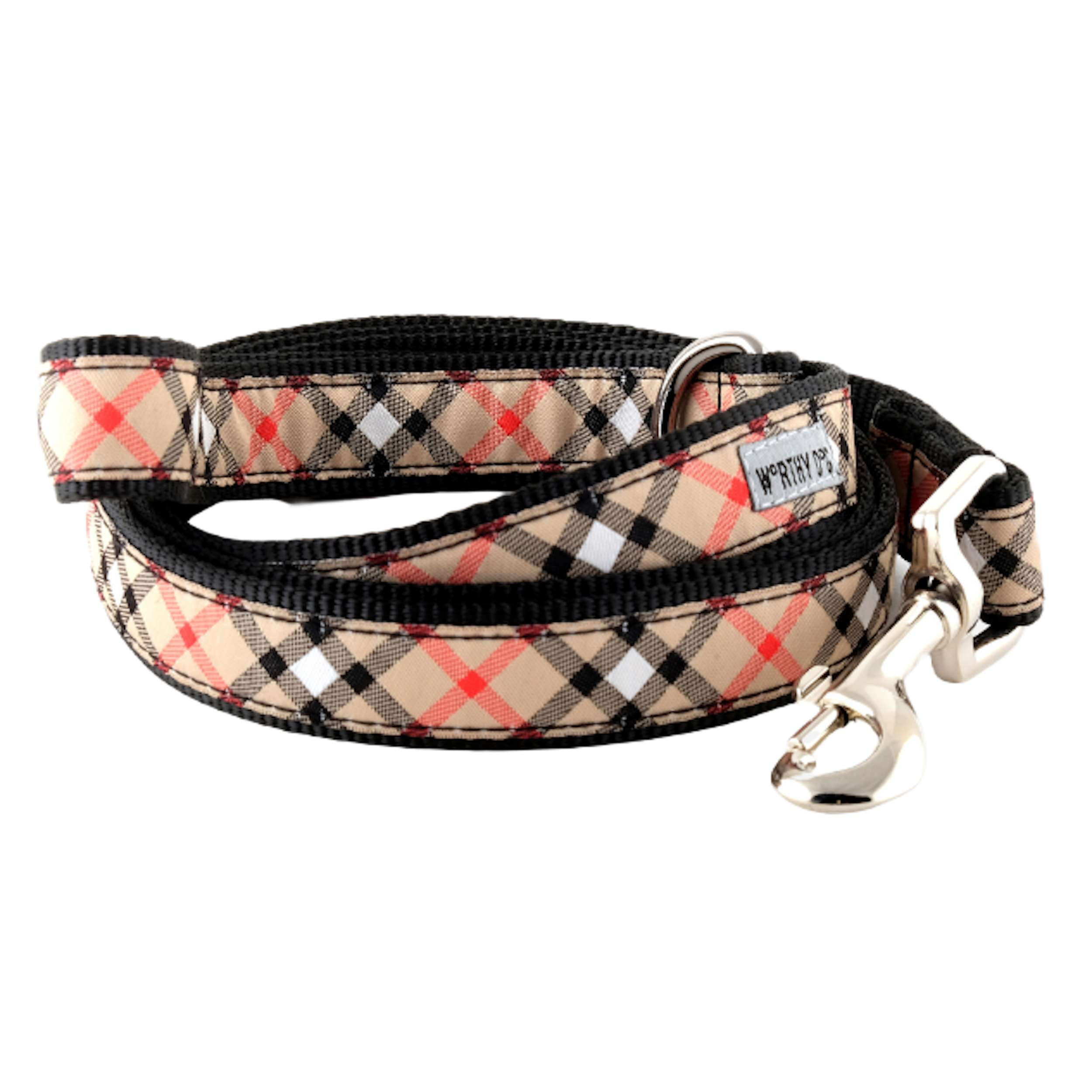
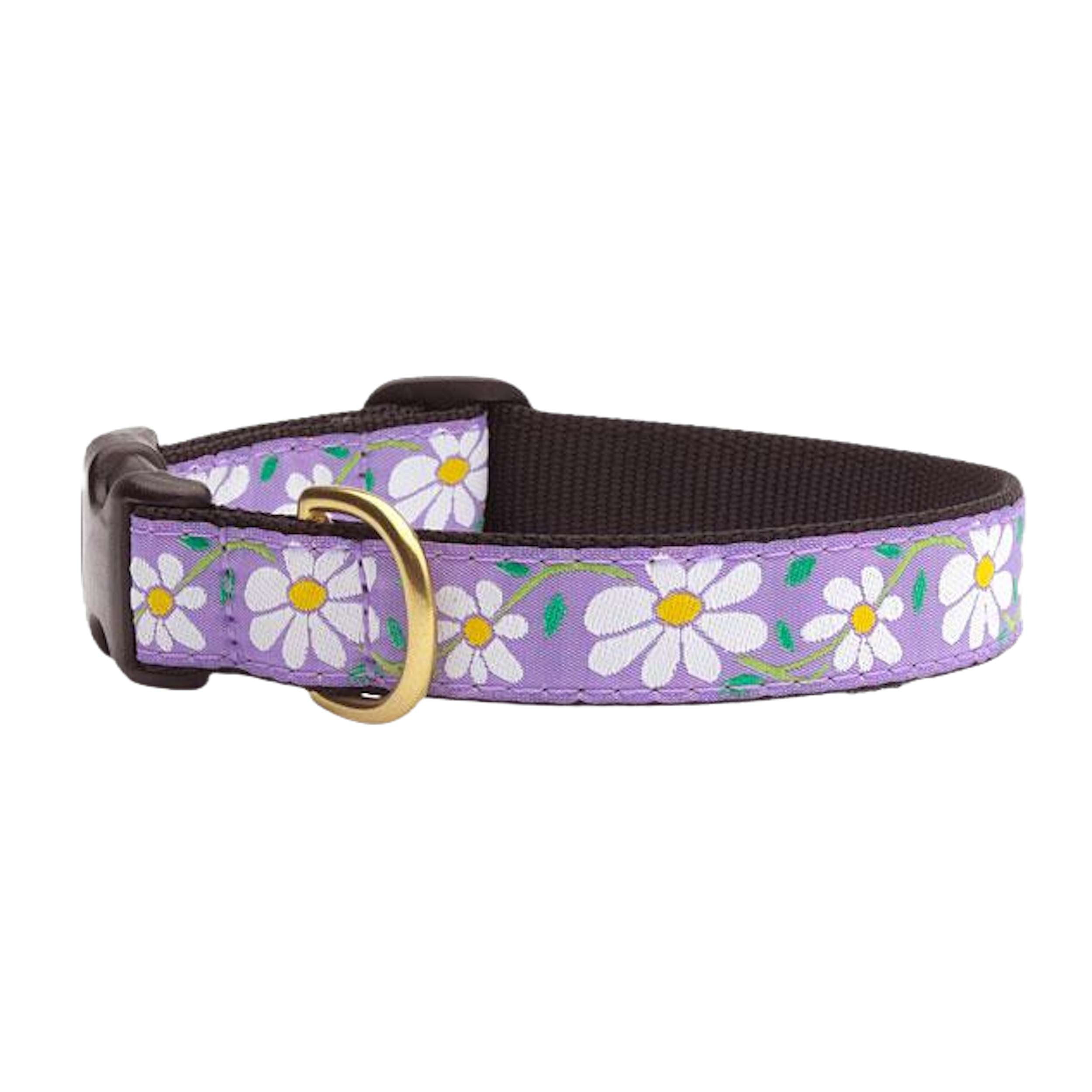

Leave a comment